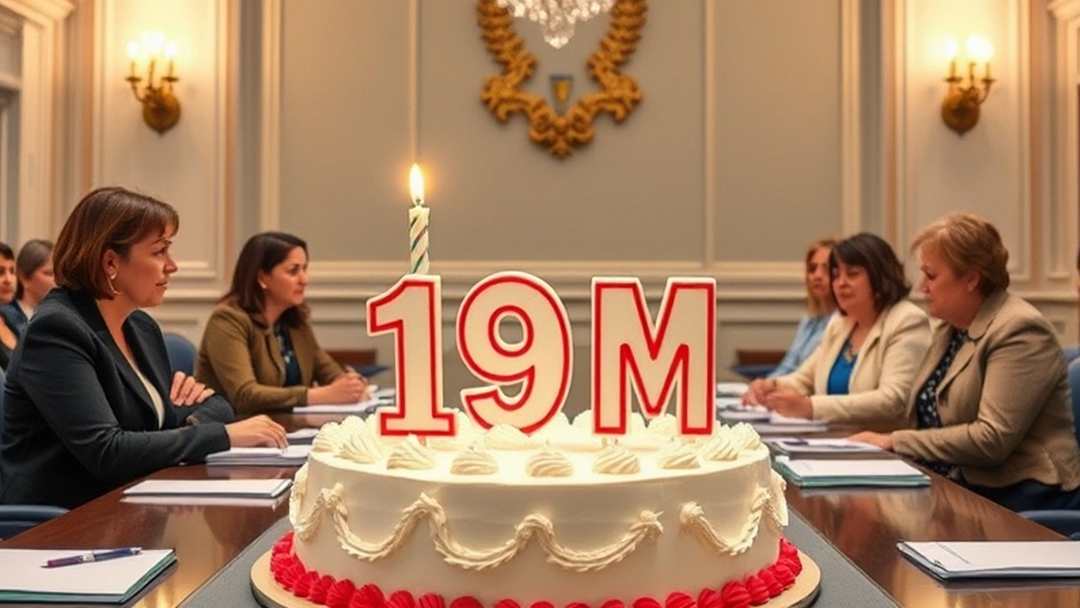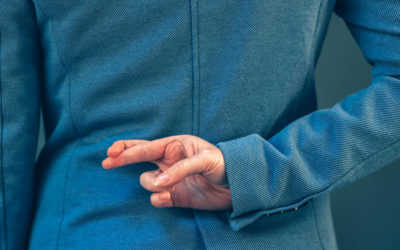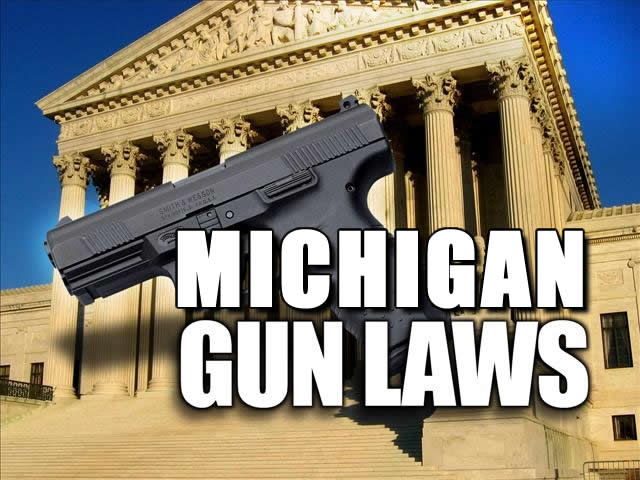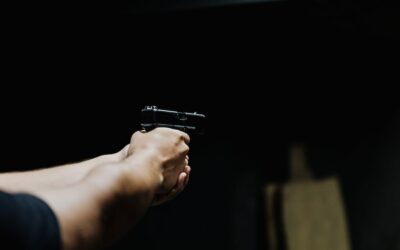“Data show these programs strengthen communities by reducing crime, boosting employment”
LANSING, MI, October 24, 2024 (Substance Abuse Prevention Month) – The Michigan Supreme Court announces that the State Court Administrative Office (SCAO) has awarded $18,823,910 million in grants for Fiscal Year 2025 to problem-solving court (PSC) programs statewide, including drug, mental health, and veterans treatment courts.
Data have consistently shown that these specialized programs lower crime and unemployment rates, and improve the quality of life of PSC graduates.
“When people ask me how trial courts engage with their communities and provide access to valuable resources, I initially point to problem-solving courts because these programs represent the best of what we do in the judiciary: save lives,” said Justice Kyra H. Bolden, who serves as the Court’s liaison to PSCs. “And we couldn’t do that without this critical state and federal grant funding that gives participants and their families a second chance.”
PSC grant totals and recipients by court type:
- Drug Courts $11,976,458 (recipients)*
- Mental Health Courts $5,692,452 (recipients)*
- Veterans Treatment Courts $1,155,000 (recipients)*
Key findings in the FY 2023 PSC Annual Report:
- Graduates of adult drug court programs were, on average, 4 times less likely to be convicted of a new offense within three years of admission to a program
- Graduates of sobriety court programs were, on average, more than 3 times less likely to be convicted of a new offense within three years of admission to a program; those who used ignition interlock devices were 5 times less likely to reoffend within three years of admission.
- Unemployment dropped by 88 percent for sobriety court graduates and hybrid court (drug/sobriety) graduates.
- Adult circuit mental health court (MHC) graduates were on average nearly 2 times less likely to commit another crime within three years of admission to a program.
- Unemployment among adult circuit MHC graduates dropped by 88 percent.
- MHC graduates noted an average 99 percent improvement in mental health and quality of life improvement following completion of a program.
- Unemployment among VTC graduates dropped by 82 percent.
- Michigan remains a national leader with 28 VTCs.
Problem-solving courts are programs that focus on nonviolent offenders whose underlying issues, such as a substance use disorder or mental health diagnosis, have contributed to recurring involvement with the criminal justice system. In addition to funding, SCAO also provides these courts with operational support and resources, state certification, and training.
Legal Counsel and Your Rights
When facing legal challenges, particularly in criminal cases, it is advisable to seek legal counsel immediately.
An experienced attorney can provide guidance on how to navigate interactions with law enforcement while safeguarding your constitutional rights.
Since 1993 our expert legal defense in navigating criminal law matters and protecting your constitutional rights are what we eat for breakfast everyday.
Contact Komorn Law PLLC if you’re ready to fight and win.
Research us and then call us.
Other Articles
Is Michigan an open carry gun state?
Michigan is an open carry state. There is no law that says it is illegal to do so. The Michigan State Police legal update describes Michigan’s open carry law as follows: In Michigan, it is legal for a person to carry a firearm in public as long as the person is...
You Won’t Lose Your Gun Just For Smoking Recreational Marijuana
You Won't Lose Your Gun Just For Smoking Recreational Marijuana - In Illinois. 11,000 marijuana conviction expungements on 2020 new years day - In Illinois. One database fills while another "empties". Rumors that Illinois gun owners will lose their firearms if they...
The Michigan Supreme Court has ruled they have the right to ban guns
July 27, 2018 - The Michigan Supreme Court has ruled that the Ann Arbor and Clio school districts have a right to ban guns from their schools In a very much watched case that deals a blow to gun rights advocates who argued state law prohibits schools from...
Medical Marijuana, Gun Ownership, and CPLs in Michigan
It is a complex and changing area of law. We know that federal law (18 U.S.C. § 922(g)(3)) makes it a felony for an “unlawful user of … any controlled substance” to “possess … any firearm or ammunition.” Marijuana is classified as a Schedule I controlled substance, so...












